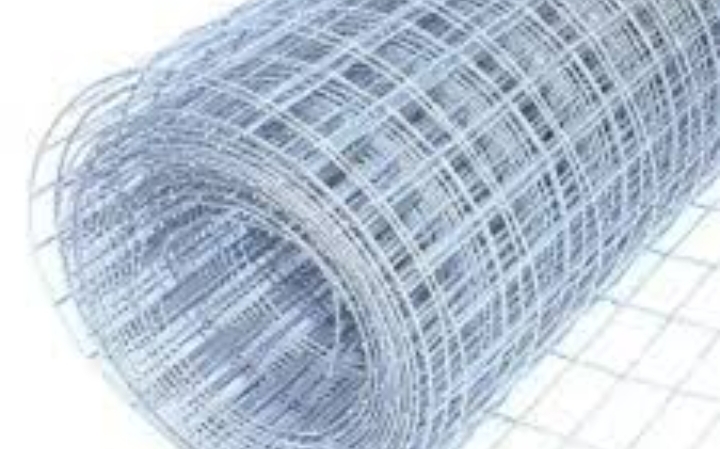Wire mesh price in Nigeria
Wire mesh is a versatile material that plays a crucial role in the construction and industrial sectors in Nigeria. Its flexibility, strength, and affordability make it an indispensable component in various applications. This article provides an in-depth exploration of wire mesh, its types, and the significant benefits it offers in Nigeria.
Table of Contents
What is a Wire Mesh?
Wire mesh, also known as wire cloth or wire fabric, is a versatile material composed of interlocked wires, forming a grid-like structure. The wires can be made from various materials such as stainless steel, galvanized steel, aluminum, or copper. Wire mesh comes in different shapes and sizes, making it ideal for a wide range of applications.
Importance of Wire Mesh in Construction and Industry:
Wire mesh plays a vital role in both the construction and industrial sectors in Nigeria. In construction, wire mesh is widely used for reinforcement in concrete structures, providing added strength and durability. It is also utilized for fencing, security enclosures, and as a protective barrier in roads and highways. In the industrial sector, wire mesh finds applications in filtration, sieving, partitioning, and containment of materials, among others.
Types of Wire Mesh Used in Nigeria
Welded Wire Mesh:
Welded wire mesh is produced by welding the intersecting points of the wires, resulting in a sturdy and consistent grid pattern. It is commonly used for concrete reinforcement, wall plastering, and fabrication of safety enclosures.
Woven Wire Mesh:
Woven wire mesh is created by weaving wires together in an intricate pattern. It is highly customizable and suitable for various applications such as window screens, ventilation systems, and separation of particles.
Expanded Metal Mesh:
Expanded metal mesh is made by cutting and stretching a metal sheet to create a pattern of openings. It is frequently used in walkways, platform gratings, and filters due to its lightweight yet durable nature.
Perforated Metal Mesh:
Perforated metal mesh is produced by puncturing holes in a metal sheet. This type of mesh is widely used for acoustic panels, decorative purposes, and ventilation systems.
Galvanized vs. Non-Galvanized Wire Mesh:
Galvanized wire mesh is coated with a layer of zinc to enhance its resistance to corrosion, making it suitable for outdoor applications where exposure to moisture is a concern. Non-galvanized wire mesh is cost-effective and ideal for indoor use or applications that do not require corrosion resistance.
Benefits of Wire Mesh in Nigeria
Enhanced Structural Integrity: Wire mesh reinforces concrete structures, making them more durable and able to withstand heavy loads and external forces.
Versatility: The various types of wire mesh offer flexibility in design and functionality, adapting to different applications in construction and industry.
Cost-effectiveness: Wire mesh is relatively inexpensive compared to other construction materials, providing cost-effective solutions for various projects.
Security and Safety: Wire mesh fences and enclosures enhance security, protecting properties and personnel from unauthorized access and potential hazards
Efficient Filtration: Wire mesh’s porous nature allows for efficient filtration of liquids and particles, making it valuable in industrial processes.
Durability: Galvanized wire mesh exhibits excellent resistance to rust and corrosion, ensuring long-lasting performance even in harsh environmental conditions.
Wire mesh price in Nigeria?
The price of wire mesh in Nigeria varies depending on the type of wire mesh, the size, and the supplier. However, you can expect to pay anywhere from ₦10,000 to ₦50,000 for a roll of Wire mesh in Nigeria.
Where to buy Wire mesh in Nigeria
CFAO
Address: 10, Broad Street, Lagos Island, Lagos
Pascal Builders
Address: 12, Ikorodu Road, Ikeja, Lagos
Wire mesh is an essential component in the construction and industrial landscape of Nigeria, offering a wide array of benefits such as enhanced structural integrity, versatility, cost-effectiveness, security, and efficient filtration. Its diverse range of applications makes it indispensable in various sectors, contributing to the growth and development of the nation’s infrastructure and industries.

